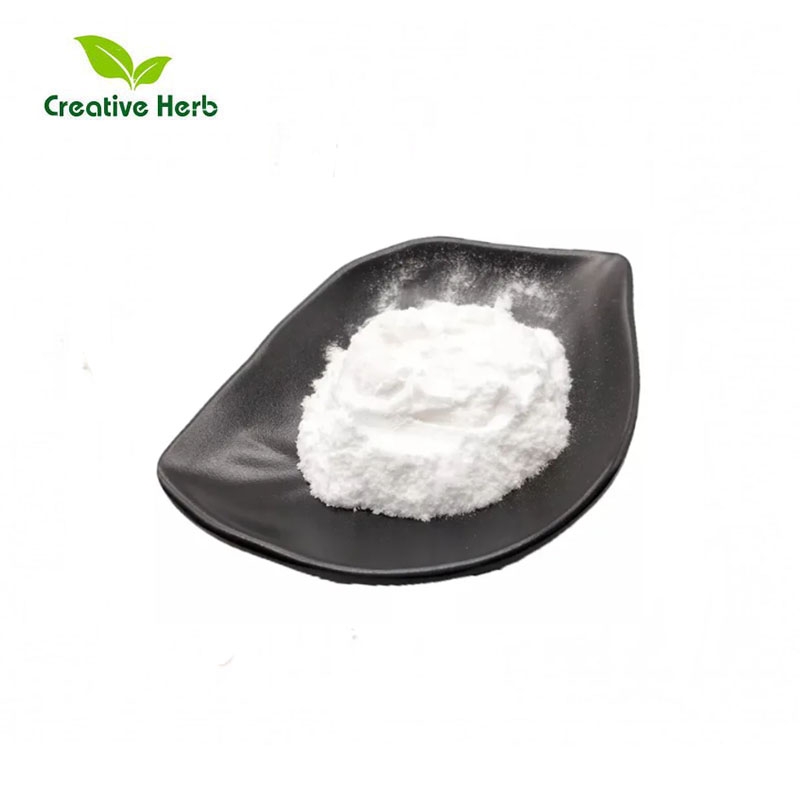-
Categories
-
Pharmaceutical Intermediates
-
Active Pharmaceutical Ingredients
-
Food Additives
- Industrial Coatings
- Agrochemicals
- Dyes and Pigments
- Surfactant
- Flavors and Fragrances
- Chemical Reagents
- Catalyst and Auxiliary
- Natural Products
- Inorganic Chemistry
-
Organic Chemistry
-
Biochemical Engineering
- Analytical Chemistry
-
Cosmetic Ingredient
- Water Treatment Chemical
-
Pharmaceutical Intermediates
Promotion
ECHEMI Mall
Wholesale
Weekly Price
Exhibition
News
-
Trade Service
August 7, 2019 / BIOON / - for a long time, physical activity is closely related to better mental health However, it is not clear whether too much activity will have a negative impact on mental health Researchers who study physical activity and mental health often hear people say, "the more active I am, the better I feel." "This shows that more physical exercises are always needed to improve mental health However, you may know some people whose work requires a lot of physical strength or they often train, but they are not necessarily in a good psychological state Also, those who sat for hours said they didn't feel good all day because they didn't move much The researchers studied whether there was a linear relationship between physical activity and mental health, and whether sedentary habits, such as sitting all day, affected the relationship Photo source: Previous studies on the inverse curve of http://cn.bing.com determined the linear or inverted U-shaped relationship between physical activity and mental health But the biggest problem is that their amount of exercise is measured through a questionnaire In general, there is a significant difference between how people report their physical activity and what they measure when they use bracelets with accelerometers The researchers analyzed data collected by the Canada survey of health measures between 2007 and 2012 (the sample represents more than 95% of Canadians) The data recorded 8000 adults who had mental health assessments the week before and wore a bracelet called an accelerometer for four to seven days The researchers used these materials for statistical analysis, taking into account variables such as gender, weight or tobacco use, which can affect the relationship between daily physical activity and mental health Moderate to high-intensity sports, such as playing football or running for 1 to 50 minutes every day, are related to better mental health, but after that, people's mental health is getting worse and worse When it comes to physical activities such as gardening or cleaning, it takes more than six hours to produce positive results These effects are more pronounced when combined with moderate to high intensity physical activity The study found that there was an inverted U-shaped relationship between the number of daily walking and mental health Research shows that every 5000 steps can promote mental health However, this promotion did not increase until the number of steps increased to 16000, and it began to weaken mental health after it was higher than 16000 Photo source: http://cn.bing.com has a variety of effects on active, sedentary lifestyles Researchers also studied how the relationship between physical activity and mental health evolved as physical activity decreased A person can be very active - for example, walking 30 minutes a day, training and playing hockey every week - and if he or she works in the office, he or she will be sedentary A sedentary lifestyle is when we are awake, sitting or standing, doing things that don't consume too much energy The longer people don't exercise, the less beneficial it will be Current research shows that the relationship between physical activity and mental health of Canadian adults is not necessarily linear, Adults may benefit from this to the first few minutes of intense activity When people are more active and less active, the link between physical activity and good mental health seems more obvious The results show that Darren Warburton of the University of British Columbia has an important point - "exercise more, sit less, and be healthier" - which also applies to mental health Photo source: http://cn.bing.com sports of different intensity are related to better mental health, but too many sports seem to have the opposite effect It is important to note that the study is cross-sectional and therefore no causal relationship can be determined In other words, we can't know whether Canadians' mental health is better because they exercise regularly or whether they are more likely to be active in their daily life because they are in good mental health Reference materials: [1] moving more and loving less is good for the mind as well as the body [2] Kim ys et al Relationship between physical activity and general mental health Prev Med 2012 Nov; 55 (5): 458-63 Doi: 10.1016/j.yped.2012.08.021 [3] Paquito Bernard et al Do response Association of objective physical activity with mental health in a representative national sample of adults: A cross-sectional study PLOS ONE https://doi.org/10.1371/journal.pone.0204682 【4】 Catégoriser une personne comme active sur la base des réponses à un questionnaire, est-ce fiable ? 【5】 Canadian Health Measures Survey: Mobile examination centre video tour
【6】Mark Tremblay et al Letter to the Editor: Standardized use of the terms "sedentary" and "sedentary behaviours" Sedentary Behaviour Research Network app lied Physiology, Nutrition, and Metabolism, 2012, 37(3): 540-542, https://doi.org/10.1139/h2012-024 【7】Darren E.R Warburton et al Reflections on Physical Activity and Health: What Should We Recommend?
Canadian Journal of Cardiology DOI: https://doi.org/10.1016/j.cjca.2016.01.024







